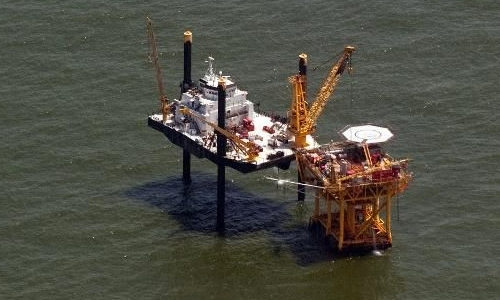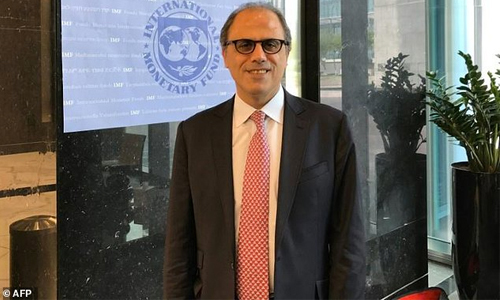IMF says fiscal reform moving Gulf in 'right direction'
Stronger non-oil growth
"Whenever you have a large programme of adjustment, you still need to adjust or tweak some measures here and there," Azour said, referring to the kingdom's "Vision 2030" strategy to diversify its economy and reduce public spending.
"The Saudi government made strong fiscal adjustments over the past two years and were able to reduce expenditure," he said, adding that Riyadh has renewed its commitment to achieving a fiscal balance in 2020.
"Given the level of buffers that Saudi has, they can phase in a more progressive way their fiscal adjustment and they can space it over time," Azour added.
GCC states have agreed to introduce value-added tax in 2018.
Azour said imposing VAT is an "important move" that will help diversify revenues outside oil and help strengthen tax institutions.
The GCC countries have established a reputation for being tax havens.
In an attempt to prop up prices, members of the OPEC oil-exporting cartel and non-member exporters -- notably Russia -- agreed last year to cut production for six months, a decision that could be renewed in late May.
The IMF has lowered its forecast for economic growth in Arab oil-exporting countries in the wake of the output cuts.
But Azour pointed out that the non-oil sector has been gathering pace.
"In the GCC, the oil sector was affected by the cut in production. However the non-oil sector grew," he said, adding that the "2017 outcome is showing in fact that the non-oil sector is gaining more growth potential and recovering faster than the oil sector".
The regional report shows that non-oil growth in the GCC is projected to strengthen from almost two percent in 2016 to three percent this year.
Related Posts


